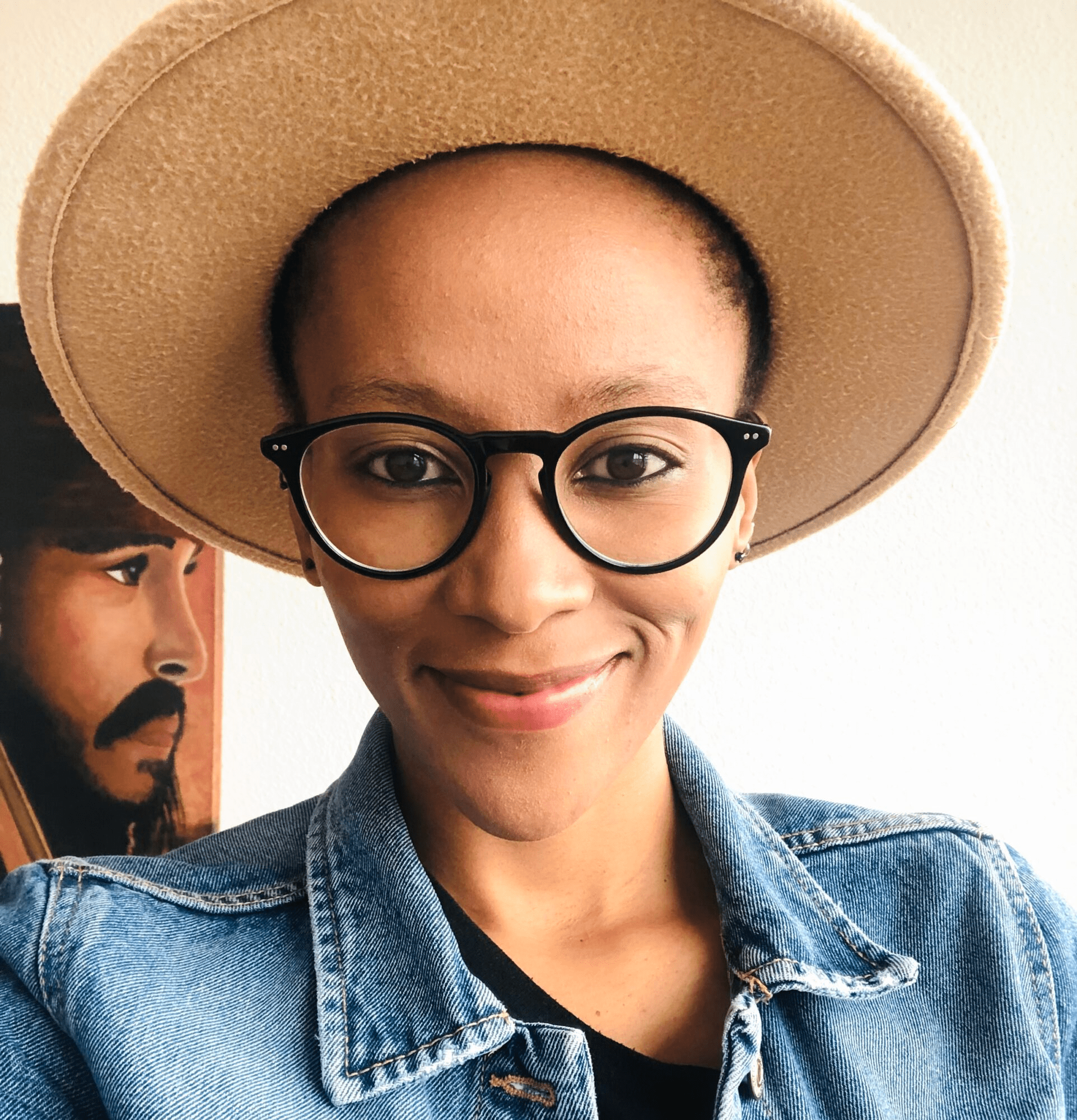What is your educational background?
I matriculated in 2007 and registered for a MBBCh degree at Wits University from 2008. In 2010 I failed two of my major modules and got excluded. I took a gap year in 2011 then registered for BSc Human Life Sciences with Psychology, at Stellenbosch University (SU) in 2012. I graduated in 2014 and continued to do a BSc Honours degree in Medical Physiology (at SU) which I successfully completed in 2015. I then went on to do an MSc degree in Medical Physiology (Endocrinology) which I completed in 2017 (at SU). In 2018, I enrolled for a PhD in Internal Medicine (SU), which I aim to complete in 2021.
What is your current occupation?
I am currently in the final stage of my PhD in Internal Medicine. I am investigating the role of miRNAs in stem cell impairment associated with Type 2 Diabetes. Basically, my work consists of trying to figure out the mechanisms involved in stem cell impairment observed in patients with diabetes.
What or who got you into STEM?
This may sound crazy but I always wanted to become a scientist from the moment I started watching the cartoon “Dexter’s Laboratory”. Unfortunately, where I came from I didn’t know of any scientists and so I wasn’t sure it would even be possible to become one. However, my mother made sure I attended the best schools she could afford and I managed to go to a High School where I was made aware of the opportunities available to me. I fortunately did well in Maths and Science so I was accepted at Wits University when I finished high school. Being a first generation varsity student and coming from a place where the only “real” or recognized occupations were being a doctor, a teacher or a lawyer, I was encouraged to go study Medicine. To be honest, at the time I thought I wanted to be a doctor. Among many other things (which included being an astronomer, joining the military, filmmaking, pilot etc.). So, I studied Medicine at Wits. But when that didn’t work out, and I realized I didn’t want to have to deal with sick and dying patients, I had to find an alternative. I still had the dream of being a scientist and I have always been curious about how the body works. I went to do a Bachelor of Science (BSc) degree at Stellenbosch University. My journey to becoming a scientist really started when I was doing my BSc Honours in Medical Physiology. That is when I really got exposed to the world of scientific and medical research and I immediately knew that I had found my calling.
What is the biggest challenge/barrier you have faced as an African in STEM?
Limited resources. Funding in STEM, particularly in an African country, is quite limited. As a result, there is not a lot of funding that is allocated to students in terms of scholarships for example. And research funds are limited to a point where students often struggle to acquire funding for research visits or conferences, and sometimes even for equipment and reagents in the lab.
How do you think your background/upbringing has been beneficial in your journey/career?
My background/upbringing has been most beneficial in shaping my character into that of resilience and hard work. This has not been an easy journey but I have had the great support of my mother who has always encouraged me to work hard for what I believe in and has always made me believe that anything is possible if I put my mind to – and work hard – for it.
.
How do you think we can start to change the narrative surrounding African contributions
to global STEM research & careers?
I think as Africans in STEM we need to move from a mindset of needing validation from more developed and advanced countries and instead work on improving our research and most importantly getting our research out there so it is exposed to the world. We have a lot to contribute to global STEM research but we need our governments to first of all allocate more resources to STEM in order to help improve our research outputs. And that is how we can start to change the narrative.
What advice would you like to give to young, aspiring Africans in STEM?
To young aspiring Africans in STEM I would encourage not to be led by fear but instead by faith. Nothing that is truly worth it will be easy but it is important to always stand your ground and not allow fear to cloud your judgement. Each of us have a lot to contribute, no matter how small. We need to start being the change we want to see in the world.
Do you have any projects you’re working on that you would like us to highlight?
I am a member of SAWISE (The Association of South African Women in Science and Engineering). We are a non-profit organisation that seeks to highlight the importance of encouraging women participation in not only South African but also global STEM research and careers. Instagram page: @SAWISE_official; Twitter:@The_SAWISE





